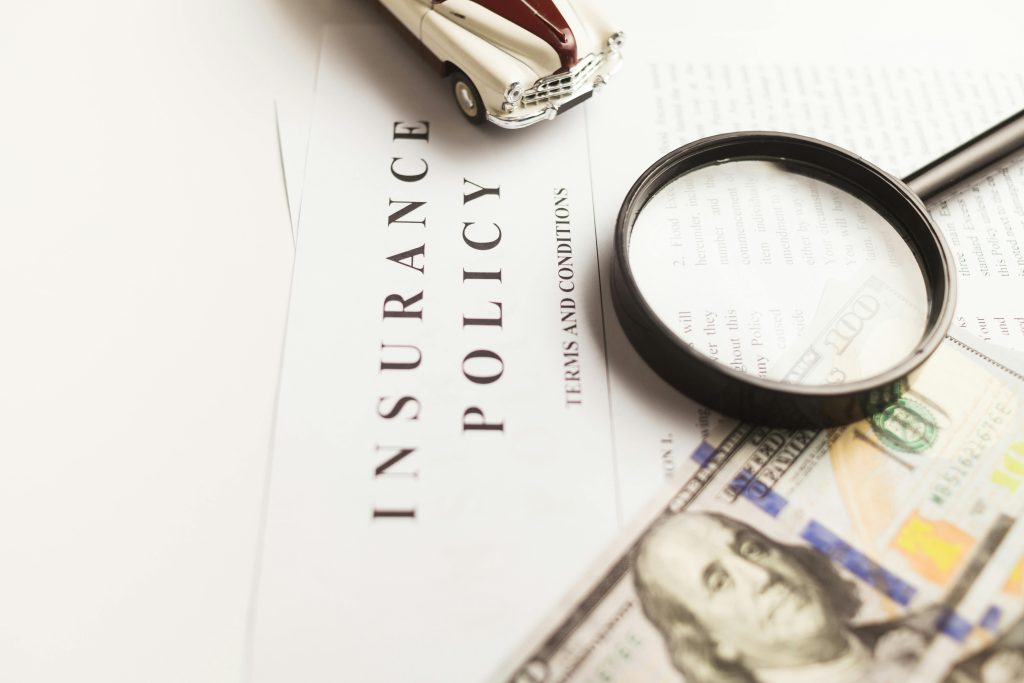“Ever questioned whether your content was truly yours—or worse, found it labeled as stolen?” It happens more often than you’d think. Writers, editors, and insurance specialists alike face plagiarism disputes with alarming frequency, especially in fields like publishing insurance. No one wants to get caught in the crossfire over creative work or financial claims related to intellectual property. But here’s what I didn’t expect: plagiarism disputes can cost you big time—both reputationally and financially.
In this blog post, we’ll tackle the delicate world of plagiarism disputes in publishing insurance. I’ll guide you through real-life struggles, step-by-step solutions, best practices, and some juicy insider tips that even Google might not have told you yet. By the end, you’ll be armed with actionable advice to protect yourself from these sticky situations. Let’s dive into it!
Table of Contents
Key Takeaways
- Plagiarism disputes in publishing insurance are costly and damaging.
- Proactive measures like proper documentation can prevent issues.
- Third-party mediation can help resolve claims efficiently.
- Using AI tools responsibly minimizes risks—but doesn’t eliminate them.
What Are Plagiarism Disputes?
A plagiarism dispute occurs when someone accuses another party of using their work without permission. In the publishing industry, this includes text, images, or entire manuscripts. For insurers specializing in publishing policies, these disputes present a unique challenge. They may involve assessing damages, determining liability, or defending clients under copyright law.
I once saw an author panic after receiving a cease-and-desist letter claiming they’d plagiarized a paragraph verbatim—RIP seven pages of editing effort. These stories aren’t rare; they’re just messy.
Why Should You Care?
Let me paint a picture:
- Reputation Risk: Being accused of plagiarism—even falsely—can ruin your credibility.
- Financial Loss: Legal battles drain wallets faster than espresso shots at Starbucks.
- Publishing Hurdles: Insurers hesitate to cover authors flagged for infringement, making coverage harder to obtain.

Step-by-Step Guide to Resolving Disputes
Gather Evidence
The first rule of fighting allegations? Don’t panic. Instead:
- Collect drafts, timestamps, and metadata proving originality.
- Check if the accusing party has legal grounds (e.g., public domain vs. copyrighted material).
Contact Your Insurer
If you’re covered by publishing insurance, notify your provider immediately. Their expertise could save you thousands in legal costs.
Mediate Before Litigating
Legal battles sound dramatic but often cost more than settling out of court. Mediators act as neutral third parties who broker solutions everyone agrees on—it’s basically therapy for writers!

Best Practices for Avoiding Disputes
Optimist You: “Just don’t copy other people’s work!”
Grumpy You: “Oh sure, genius. Here’s how to *actually* avoid trouble…”
- Use Plagiarism Detection Tools: Tools like Grammarly or Turnitin catch accidental overlaps before hitting publish.
- Keep Detailed Records: Save drafts, notes, research files, and emails tying back to your original ideas.
- Review Contracts Thoroughly: Freelancers, read those terms! You never know when rights transfer hands.
Real-Life Case Studies
Let’s look at two contrasting examples:
Example 1: Author Cleared Through Documentation
An indie writer faced accusations of lifting plot elements from a bestselling novel. Thanks to timestamped Scrivener backups showing months of writing progress, the issue resolved quickly. Lesson learned? Backups matter.
Example 2: Costly Settlement Due to Negligence
A magazine editor ignored red flags about an article submission containing lifted passages. The lawsuit resulted in $50,000 in penalties. Moral of the story? Always vet contributors thoroughly.
Frequently Asked Questions About Plagiarism Disputes
Q: Can AI-generated content lead to plagiarism disputes?
Absolutely. While AI platforms generate unique text, they often pull from existing databases. Without careful oversight, this can create unintentional similarities.
Q: Does insurance cover legal fees for plagiarism cases?
Yes—if your policy explicitly mentions copyright protection. Otherwise, it’s BYO-lawyer.
Final Thoughts
Plagiarism disputes in publishing insurance are no joke. Whether you’re an author, editor, or insurer, taking preventative steps saves headaches later. Document everything, use detection tools, and rely on expert mediators where necessary.
Like an iPod Nano playlist, plagiarism prevention requires regular updates and attention to detail. Stay sharp out there, folks!


